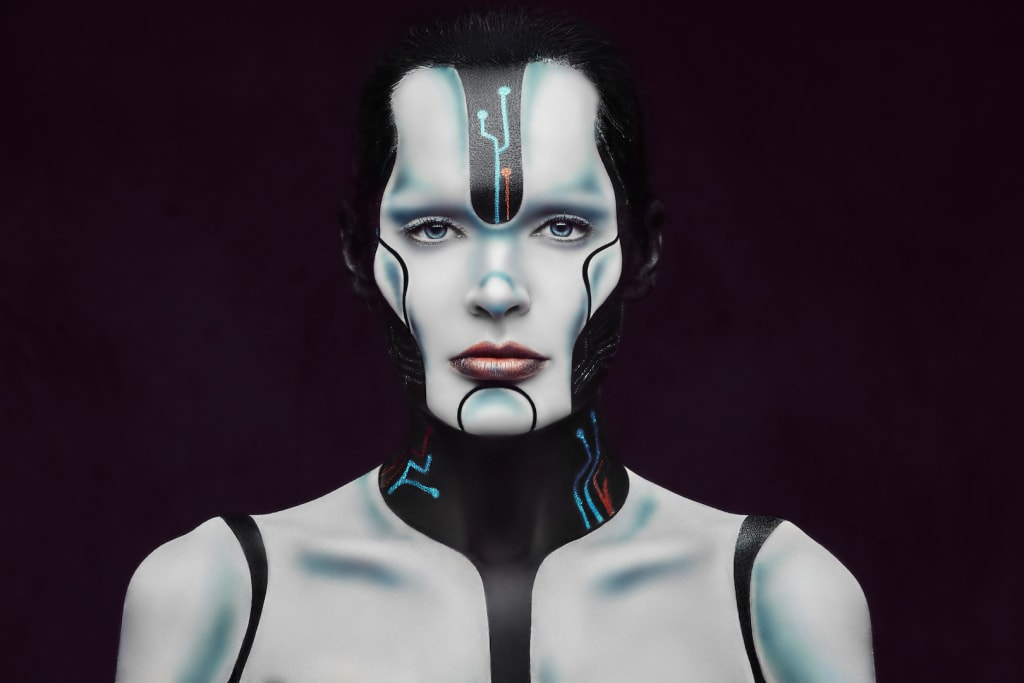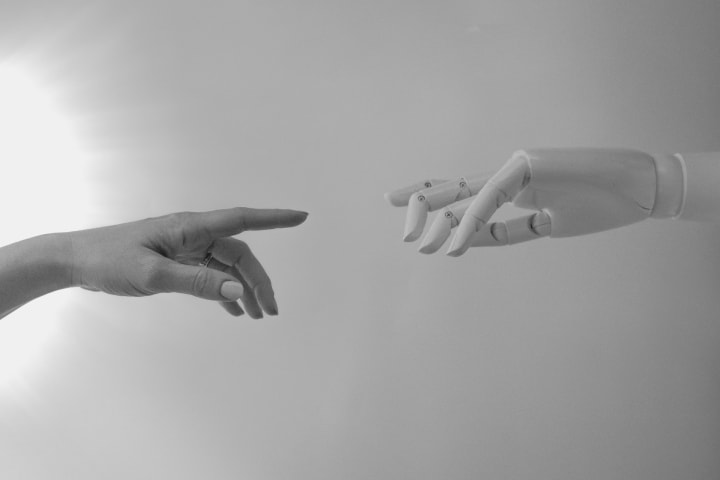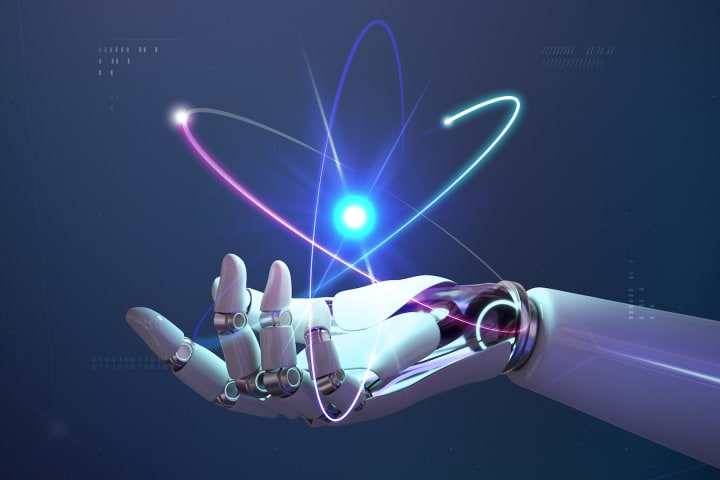Professor's Analysis Compares Human vs. Chat GPT
Unveiling Writing Style Differences

The rise of artificial intelligence (AI) has sparked curiosity about its capabilities in replicating human tasks, including creative endeavors like writing. In a recent experiment, a Singaporean journalist pitted her old writings against ChatGPT, an advanced language model developed by OpenAI, to determine if a professor could distinguish between the human and AI-generated pieces. The results shed light on the strengths and limitations of AI in storytelling, showcasing the unique qualities that distinguish human writing from its artificial counterpart.
With AI gaining prominence, the journalist's interest was piqued by the prospect of using ChatGPT to create her schoolwork. As an aspiring writer, she sought to explore the possibilities this technology presented. Alongside her editors, she pondered whether AI could potentially replace human journalists. To test the waters, three of her polished old writings and three ChatGPT-generated pieces were submitted to Associate Professor Barrie Sherwood, an expert in creative writing. His task: to determine which pieces were crafted by humans and which by ChatGPT.

Among the different types of writing, the professor found it most challenging to distinguish between the opinion pieces. Initially, he assumed that the AI-generated piece contained "lapses in sense and grammar" and misused idioms and metaphors. However, the absence of errors in another piece raised his suspicion. Despite the first opinion piece displaying fluctuations in diction and lacking clarity, it presented more nuanced arguments compared to the second piece. Eventually, the professor correctly identified the first opinion piece as the human's work and the second as ChatGPT's. However, uncertainty lingered regarding the AI's sources of information.
Similar issues arose when analyzing the essays. The first essay suffered from fluctuations in diction, repetition, and other flaws, resembling a raw draft. Interestingly, the professor noted that the writer's habitual use of metaphors added a human touch to the piece. The second essay appeared polished, leading the professor to speculate that it might have been generated by the AI. While the human writer's work carried a distinctive style with minor errors, it failed to pass as an AI-generated piece due to the presence of genuine human touches.
In the realm of fiction, the journalist expected her piece to triumph over the AI-generated story. Drawing upon her training in evoking emotions, creating characters, and crafting engaging plots, she believed she possessed an advantage. Her confidence soared when the professor described the AI's story as lifeless, lacking empathy-inducing characters and compelling plot developments. Despite some amateurish mistakes in her own work, the professor acknowledged the presence of dialogue, conflict, varying time signatures, descriptive details, and relatable characters, granting the human writer a decisive victory.

While the journalist experienced a twinge of embarrassment when her grammar and structure were critiqued, she recognized that these pieces were written during her teenage years. It is reassuring to know that AI, despite its advancements, still exhibits artificiality at its core. However, the future implications of AI remain uncertain, and it is important to acknowledge that its capabilities are continually evolving. The experiment underscores the uniqueness of human writing and the value it brings to storytelling, but also highlights the need to embrace ongoing learning and improvement in our craft.
The contest between human writing and ChatGPT in this experiment reveals the distinct differences in writing styles. While AI has made remarkable strides in replicating human-like text, it still struggles to capture the essence, emotional depth, and authentic touch that define human creativity. The experiment serves as a reminder that, despite the allure of AI's capabilities, there are aspects of human writing that make it invaluable and irreplaceable. As we navigate the future, it is essential to celebrate the artistry and quirks that make us human, while exploring the potential of AI as a powerful tool for assistance and inspiration in the creative realm.
About the Creator
Nadiia Diia
I reveal the questions that our soul is interested in and that our mind is searching for.






Comments (1)
I love this one. AI is a cool topic. Thanks for this.